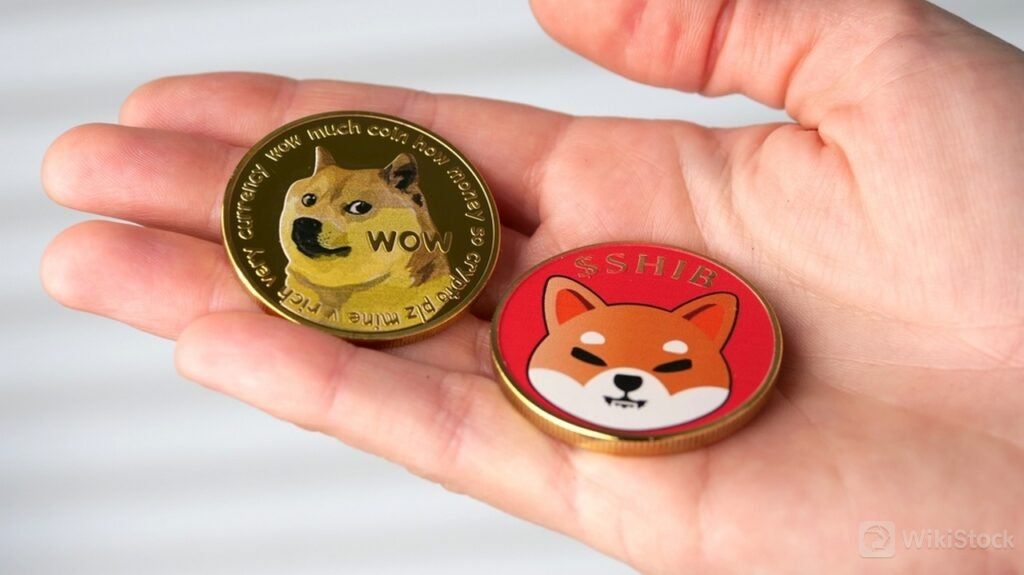Pepe, dogwifhat, Floki Explode Amid Searing Memecoin Rally — Dogecoin, Shiba Inu Rise As Well - Emeren Gr

The injection of positive volatility sent memecoins rallying Monday, with coins from the sector emerging as the cryptocurrency market's biggest gainers.
What Happened: Frog-themed Pepe was the best-performing cryptocurrency in the last 24 hours, with gains upwards of 25%. Its trading volume surged 90% to $1.5 billion, making it the most-traded memecoin over the last 24 hours.
Solana SOL/USD-based dogwifhat was the second-highest gainer on the day, followed by Ethereum ETH/USD-based Floki. Both dog-themed coins recorded healthy upticks in 24-hour trading volumes.
| Cryptocurrency | Gains +/- | Price (Recorded at 11:00 p.m. EDT) |
| Pepe PEPE/USD | +25.01% | $0.00001221 |
| dogwifhat WIF/USD | +22.50% | $2.18 |
| Floki (FLOKI) | +22.19% | $0.0001881 |
Additionally, blue-chip memecoins in the market also registered significant spikes. Shiba InuSHIB/USD jumped more than 10% to $0.00001988, while pioneer Dogecoin DOGE/USD soared 7% to $0.1261.
Why It Matters:The memecoin bull run comes amid positive momentum in the cryptocurrency market following the foiled assassination attempt of pro-cryptocurrency presidential nominee Donald Trump.
Additionally, dovish comments by Federal Reserve Chair Jerome Powellhelped accelerate investments in this highly speculative and risky category of financial instruments.
© 2024 Benzinga.com. Benzinga does not provide investment advice. All rights reserved.
Byte refutes rumors of speculation on A-share Doubao concept stocks
How to develop a low-altitude economy
Doubao concept surges, IPO economy booms
5G enters the "second half", which stocks are the best to buy
Check whenever you want
WikiStock APP
